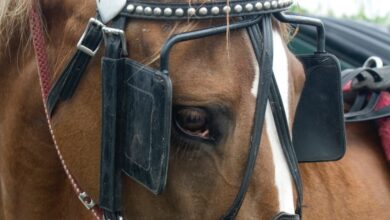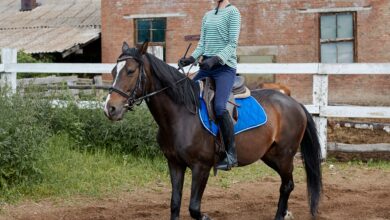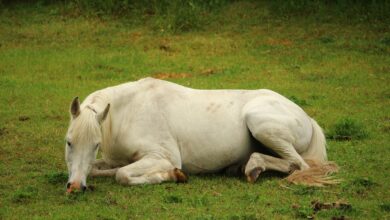How to Assess the Healthy Weight For A Horse
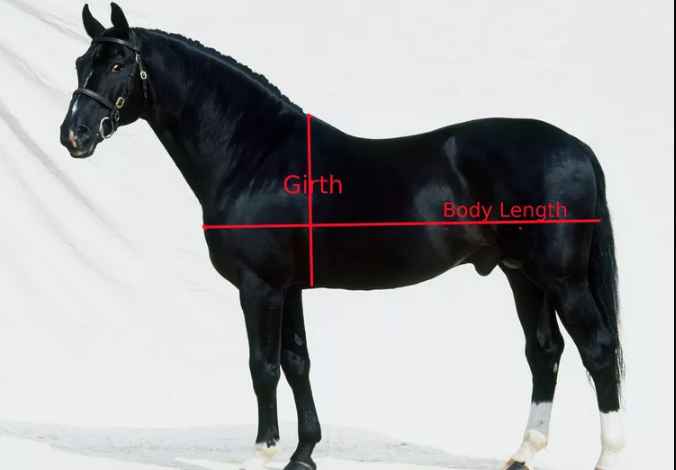
1. Check the weight of your horse while it is standing.
For horses, a healthy weight can be assigned with a Body Condition Score (BCS). The BCS is a 1-9 scale that evaluates the healthy fat cover on the horse.
2. Consider his age, breed and body type.
The ideal weight for a horse should be proportionate to his body type, age and breed. Generally, sport horses should weigh between 950-1100 pounds, while draft horses may weigh up to 2200 pounds.
3. Evaluate the horse’s neck, spine, and ribs.
When evaluating the horse’s weight, it is important to look for fat deposits around the neck, spine and ribs. If the horse has skinny ribs and spine, it is a sign of poor body condition and the horse is reported to be below its ideal weight.
4. Look for visual signs of fat on the horse.
Visually, the horse should have a smooth topline with just enough fat cover, as well as relatively full cheeks and a visible crease near the tail head. Too much fat cover may indicate the horse is overweight and should be fed less food.
5. Monitor the horse’s weight over time.
Weight fluctuations should be monitored over time to ensure general health and development. An increase or decrease of 20 pounds can be a sign of an underlying illness that should be brought to the attention of a veterinarian.
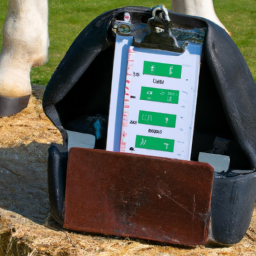
In recent years, assessing the healthy weight of a horse has become an integral part of responsible horse ownership. A horse that is overweight or underweight can suffer from a variety of health conditions, so it is important to ensure that your horse’s weight is within an acceptable range. Below, we will discuss some of the most common methods for assessing the healthy weight of a horse.
The first step in assessing the healthy weight of a horse is to compare its current body weight with its ideal body weight. This can be done using an equine body condition scoring system, where a horse’s body condition is rated from 1 to 9 on a scale from emaciated to obese. A score between 5 and 7 typically indicates that a horse is in good health and at an acceptable weight. If a horse is rated as outside of this range, you may need to make adjustments to its diet or exercise regimen.
Another method for assessing the healthy weight of a horse is to take measurements of the horse’s withers, girth, neck and shoulder. By measuring each area, you can determine how much body fat the horse is carrying, and can then make adjustments based on breed, temperament, and metabolic condition.
It is also helpful to have your vet examine your horse regularly, as they can evaluate the condition of the horse’s body as well as its internal organs. Your vet may suggest changes in its diet or lifestyle in order to help the horse maintain a healthy weight.
Finally, it is important to pay attention to your horse’s coat and attitude when assessing the healthy weight of the horse. A dull coat or less-energetic behavior may indicate that the horse is not getting enough of the right kind of nutrition. Making sure that the horse is getting the right kind of food and exercise is a key part of maintaining a healthy weight.
In conclusion, assessing the healthy weight of a horse is a vital part of responsible horse ownership. Comparing the current body weight with the ideal body weight, measuring certain areas of the horse, and seeking the help of a vet can all help you ensure that your horse is at a healthy weight. Paying attention to the horse’s coat and attitude can also provide valuable insight into its overall health and nutrition.



